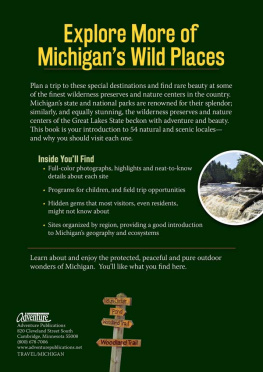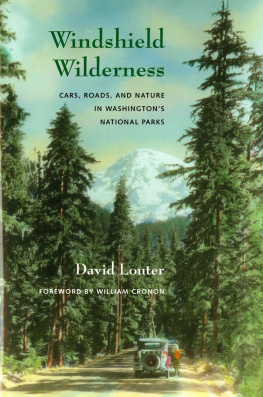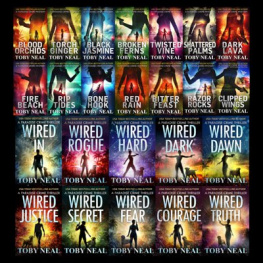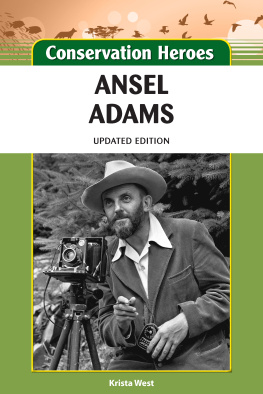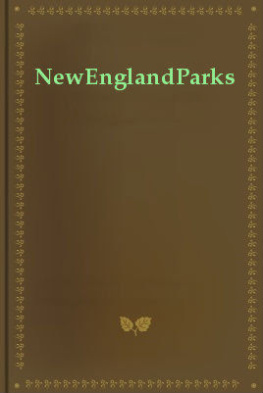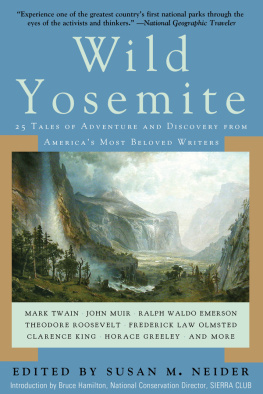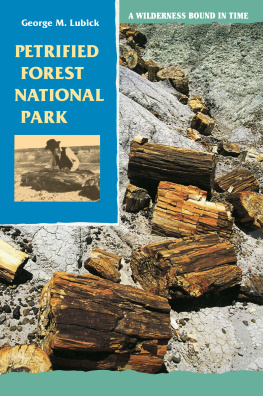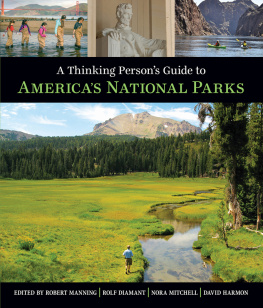Memoirs, by definition, are written depictions of events in peoples lives. They are memories. All the events in this story are as accurate and truthful as possible. Many names and places have been changed to protect the privacy of others. Mistakes, if any, are caused solely by the passage of time.
Copyright 2015 by Krista Schlyer
Photographs copyright 2015 by Krista Schlyer and Bill Updike
All rights reserved. No part of this book may be reproduced in any manner without the express written consent of the publisher, except in the case of brief excerpts in critical reviews or articles. All inquiries should be addressed to Skyhorse Publishing, 307 West 36th Street, 11th Floor, New York, NY 10018.
Skyhorse Publishing books may be purchased in bulk at special discounts for sales promotion, corporate gifts, fund-raising, or educational purposes. Special editions can also be created to specifications. For details, contact the Special Sales Department, Skyhorse Publishing, 307 West 36th Street, 11th Floor, New York, NY 10018 or .
Skyhorse and Skyhorse Publishing are registered trademarks of Skyhorse Publishing, Inc., a Delaware corporation.
Visit our website at www.skyhorsepublishing.com.
10 9 8 7 6 5 4 3 2 1
Library of Congress Cataloging-in-Publication Data is available on file.
Cover design by Laura Klynstra
Cover photo credit by Krista Schlyer
Print ISBN: 978-1-63450-236-8
Ebook ISBN: 978-1-5107-0056-7
Printed in the United States of America
For Daniel, Bill, and Maggie
Acknowledgments
T his book was fifteen years in the making and many people along the way have played a part in its becoming. First I have to thank my mom, Maureen Dowd, for her support in all thingsand also because I forgot to thank her in the acknowledgements of my last book (huge oversightsorry, Ma). Thanks also to my friends and family, in particular Nick and Rob and Penny, for all your support over the years through good times and bad.
I owe a great deal to Shannon Davies, who published my first book Continental Divide: Wildlife, People and the Border Wall for Texas A&M University Press and who generously encouraged me in the publication of Almost Anywhere .
The fate of the Almost Anywhere manuscript took a fortuitous turn when Shannon Hassan of the Marsal Lyon Literary Agency agreed to be my agent. Thank you, Shannonyour thoughtful guidance has helped me immensely through the publication process. My thanks to Nicole Frail, my editor, and the whole team at Skyhorse, for all the hard work and dedication you have given to the manuscript, design, and publishing of this book. To Cat Lazaroff and all the literary warriors of my writers group, my thankswith special appreciation to Holliann Kim, for her copyediting help during her ninth month of pregnancy!
And finally to those who have shared in the events contained in this book, I will be forever grateful to all of you who lived this time with me. Especially Barbara DiTondo, I thank you for being a model of grace and kindness and a lifelong friend. Your son will always be a bright shining supernova in my life. Your support of this project has been essential. And finally, I would like to thank Bill Updike, my best friend and biggest supporter, without whom this book, and my life as I know it, would never have been written. My love and gratitude always Bill.
_______________
Also, please stop hogging the Pringles.
The only constant is change.
Ancient Greek Proverb
You cant have life without dirt. You cant have dirt without death.
Dirt is death and life.
Dirt.
Future Ancient American Proverb
W isdom can be a sadistic, extortive prize. Sure, some people emerge from the womb dripping unearned wisdom from their newborn digits, floating through life making nothing but good choices and accepting the random cruelties of life with the grace of a fat, happy Buddha. Good for them.
The rest of us have to earn wisdom through exacting measures levied throughout our lives. As for me, I was lucky. I managed to live much of my life without it.
When I was a small child living a quasi-feral existence on a Kansas farm, I had little interest in wisdom, knowledge, or even books, for that matter. I preferred to spend my time running wild after my big brothers as they explored the endless acres of farmland and forest that surrounded our country home. I was a dirty-faced, crazy-haired tomboy with bruised knees, battle scars, and places to be, and I didnt have time for books. But one book in particular piqued my interest and insinuated itself into my earliest and most kitten-brained philosophies.
It was an old family bible that sat on a table planted in our thick, grass-green, shag-carpeted living room. It was ornate, as all things pertaining to godishness must be, and it was huge . The bible weighed fifteen pounds and measured about one foot by two feet. Had it been hollow, it could have housed a family of mice, a newborn goat, and the baby Jesus, all together, quite comfortably.
The cover of the book was richly textured faux leather and the script of the title, which read, The Holy Bible , was shiny faux gold leaf. Celestially large and lavishly ornate, the book had a gravitational attraction for me and when I grew tall enough to reach it, and strong enough to pry open the cover, I would often do so in order to behold the gloriously dramatic painting of an old bearded grandpa clothed in a pristine white billowing robe lounging on a cloud, pointing at something. What was he pointing at? I often wondered. Maybe it was my five-year-old brother across the living room, wearing a silky brown shirt with an enormous collar, his blindingly white towhead bobbing around as he danced to the Bee Gees. That was funny and point-worthy, but bible-grandpa didnt look amused.
I never found an answer to that question, but what I did surmise from this painting was a very clear notion of the nature of a place called heaven. Heaven is... impeccably ordered; free of chaos; it is clean, without stain; deathless. Deathless. I didnt really grasp what that meant at the time, but I knew it was important. The chaos and disorder that permeate the fabric of earthly life had not yet touched my reality, but I understood that the illustration was depicting a place very different from the world where I lived. I had gathered ideas of this other, presumably better world everywhere. There was bible-grandpa, movie actors wearing clean white robes, angels glittering like starlight, and for me, there was my grandma, an angel in her own right, with soft white curls like a puff of cloud glued to her head and papery hands that smelled of bleach, who told me I would go to hell or get bitten by a poisonous spider if I didnt keep my room clean.
The idea of hell scared me, and my whole family was terrified of spiders, so I noodled quite a bit on this grandma warning. The clean=good=heaven equation sounded reasonable, if inconvenient, to my young self, and though I never adopted it in practiceas I said, I had places to be, things to do, brothers to follow, and no time for tidinessit did permeate some of my foundational childhood philosophies. As did the inverse equation: dirty=bad=hell. Whenever I was alone and scared, if I closed my eyes I would see a jumbled dirty mess of brown chaos, like a hideous brown shag carpet made of barfed up spiders. And when, at age four, I would find this barfy image in my mind, I could calm myself only by conjuring a cloudy white image of a place called heaven.


